Choosing a specialty as an Advanced Practice Provider (APP) is a significant decision that will shape your career and professional growth. With numerous options available, it is essential to approach this decision-making process thoughtfully and consider various factors that align with your interests, skills and long-term goals. This article provides a guide to help you navigate the process of selecting a specialty as an APP provider.
- Reflect on Your Interests and Passions
Start by reflecting on your personal interests and passions within the field of healthcare. Consider the areas of medicine that have always intrigued you or situations where you felt a strong sense of fulfillment. Assess your strengths, skills and areas in which you excel. Identifying your passions and strengths can help you narrow down the specialties that align with your professional aspirations. - Gain Exposure through Clinical Rotations
Take advantage of clinical rotations during your education and early career. Rotations provide valuable hands-on experience in various specialties and allow you to observe and participate in different clinical settings. This exposure can help you gain insights into the day-to-day responsibilities, patient populations and challenges associated with specific specialties. Pay attention to your experiences and the areas that resonate with you the most. - Seek Guidance and Mentorship
Engage with experienced healthcare professionals, including physicians, fellow APPs and mentors, who can provide guidance and share their insights about different specialties. They can offer valuable perspectives on the pros and cons of each specialty, the required skill sets and the potential career paths. Conversations with mentors can help you gain a deeper understanding of what each specialty entails and how it aligns with your goals and values. - Research the Scope of Practice and Professional Opportunities
Investigate the scope of practice and professional opportunities available in each specialty. Understand the responsibilities, autonomy and collaborative opportunities associated with different specialties. Consider factors such as patient populations, work settings (e.g., hospital, clinic, research) and potential for advancement and leadership roles. It is crucial to choose a specialty that offers a scope of practice that aligns with your career aspirations and professional goals. - Consider Work-Life Balance and Lifestyle Factors
Evaluate the work-life balance and lifestyle factors associated with each specialty. Some specialties may require long and irregular hours, while others offer more predictable schedules. Consider your personal preferences, family commitments and the impact your chosen specialty may have on your overall well-being. Striking a balance between professional fulfillment and personal life is crucial for long-term career satisfaction. - Stay Updated on Industry Trends and Future Demands
Keep yourself informed about industry trends, advancements and future demands in healthcare. Certain specialties may experience growth or changes due to evolving healthcare needs or emerging technologies. Anticipating the future demands of the healthcare industry can help you select a specialty that offers long-term career stability and growth opportunities.
Choosing a specialty as an APP provider is a significant decision that requires careful consideration of your interests, strengths, professional aspirations and personal preferences. Reflect on your passions, gain exposure through clinical rotations, seek guidance from experienced professionals, research the scope of practice and professional opportunities, consider work-life balance and stay updated on industry trends. Remember that your choice of specialty should align with your long-term goals, provide fulfillment and contribute to your overall professional growth and satisfaction.


